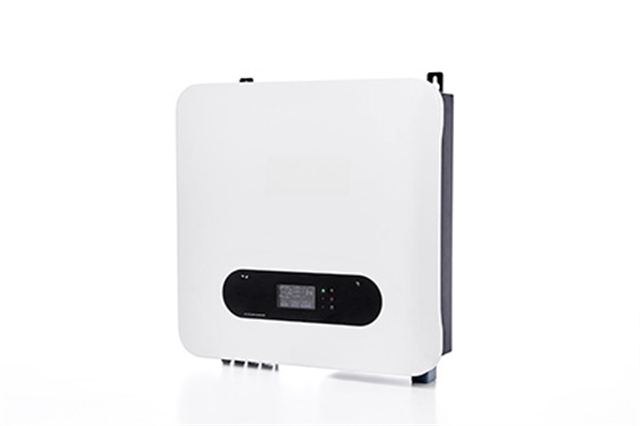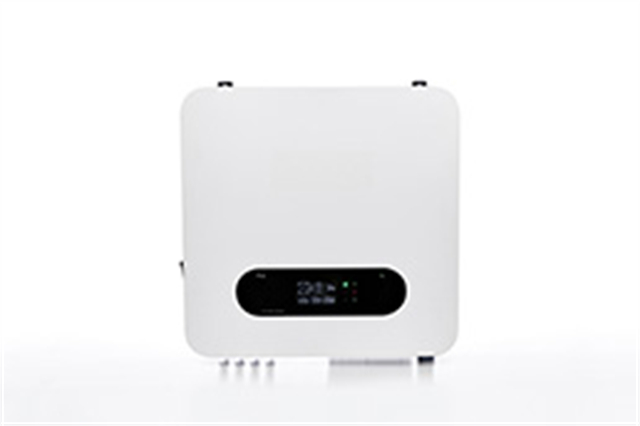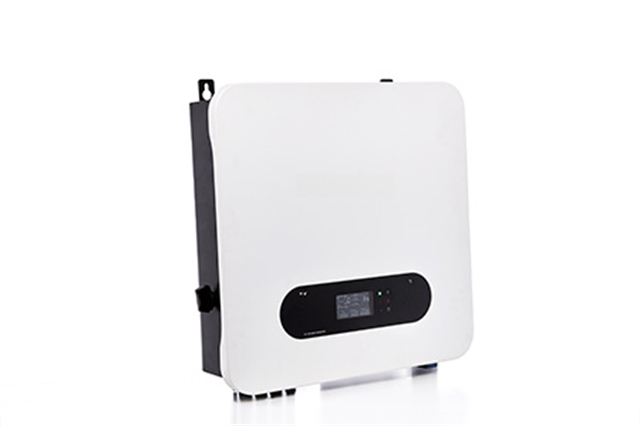Author:BLD Solar Energy SystemFROM:Solar System Converter Manufacturer TIME:2023-10-12
Choosing the Right On-Off Grid Hybrid Solar Inverter

The use of solar energy has gained significant popularity due to its environmentally-friendly and cost-effective nature. As a result, many individuals and businesses are considering installing solar power systems. One crucial component of a solar power system is the inverter, which converts the direct current (DC) generated by the solar panels into alternating current (AC) that can be used to power electrical devices. Choosing the right on-off grid hybrid solar inverter is essential to ensure optimal performance and flexibility. This article will guide you through the important factors to consider when selecting an on-off grid hybrid solar inverter.

One of the key factors to consider when choosing an on-off grid hybrid solar inverter is the power output it can deliver. The power output requirement will depend on the size of your solar power system and the amount of electricity you need. Ensure that the chosen inverter has a power output that matches or exceeds your requirements to avoid any limitations or underperformance of the system.

The efficiency of an on-off grid hybrid solar inverter is another important consideration. Higher efficiency means more electricity is being converted from DC to AC, resulting in increased energy production. Look for inverters with high efficiency ratings, preferably above 95%, as they will maximize the overall performance of your solar power system.
If you plan to have a battery backup system for your solar power system, it is crucial to choose an on-off grid hybrid solar inverter that is compatible with the batteries you intend to use. Consider factors such as battery voltage, chemistry, and capacity when selecting the inverter to ensure seamless integration and optimal performance.
An on-off grid hybrid solar inverter should have the capability to connect your solar power system to the utility grid. This allows you to take advantage of net metering programs, where excess electricity generated by your system can be fed back to the grid in exchange for credits or compensation. Verify that the chosen inverter supports grid-tie functionality to make the most of your solar investment.
The ability to seamlessly switch between on-grid and off-grid modes is another crucial feature to consider. In case of a power outage, an on-off grid hybrid solar inverter should be able to switch to off-grid mode and power essential loads using the energy stored in the batteries. This feature provides energy independence and ensures uninterrupted power supply during emergencies.
Monitoring and remote control capabilities are valuable features of an on-off grid hybrid solar inverter. Choose an inverter with a user-friendly monitoring system that allows you to track the performance and energy production of your solar power system. Additionally, the ability to remotely control the inverter through a mobile app or web interface provides convenience and flexibility in managing your energy usage.
Investing in a durable and reliable on-off grid hybrid solar inverter is essential for the long-term performance of your solar power system. Look for inverters with robust construction and high-quality components that can withstand various weather conditions. Additionally, check the warranty offered by the manufacturer to ensure sufficient coverage and support in case of any issues or malfunctions.
While cost should not be the sole determining factor, it is important to consider your budget when selecting an on-off grid hybrid solar inverter. Compare prices from different manufacturers and evaluate the features and performance offered within your price range. Remember that investing in a high-quality inverter can lead to long-term savings and improved efficiency.
Choosing the right on-off grid hybrid solar inverter is crucial for the optimal performance and flexibility of your solar power system. Consider factors such as power output, efficiency, battery compatibility, grid-tie capability, on/off-grid switching, monitoring and remote control capabilities, durability and warranty, and cost. By carefully evaluating these factors, you can make an informed decision and maximize the benefits of your solar investment.
